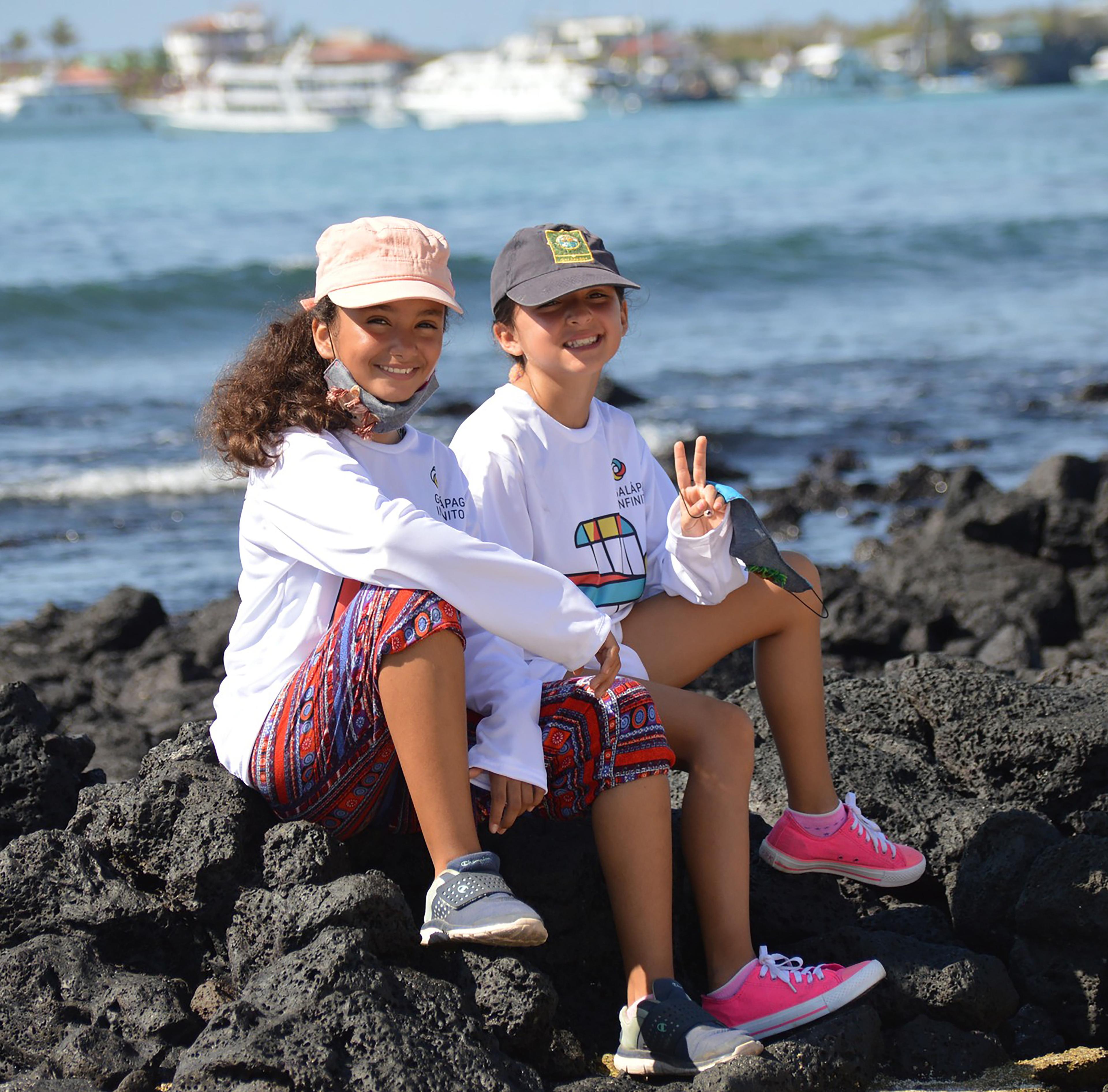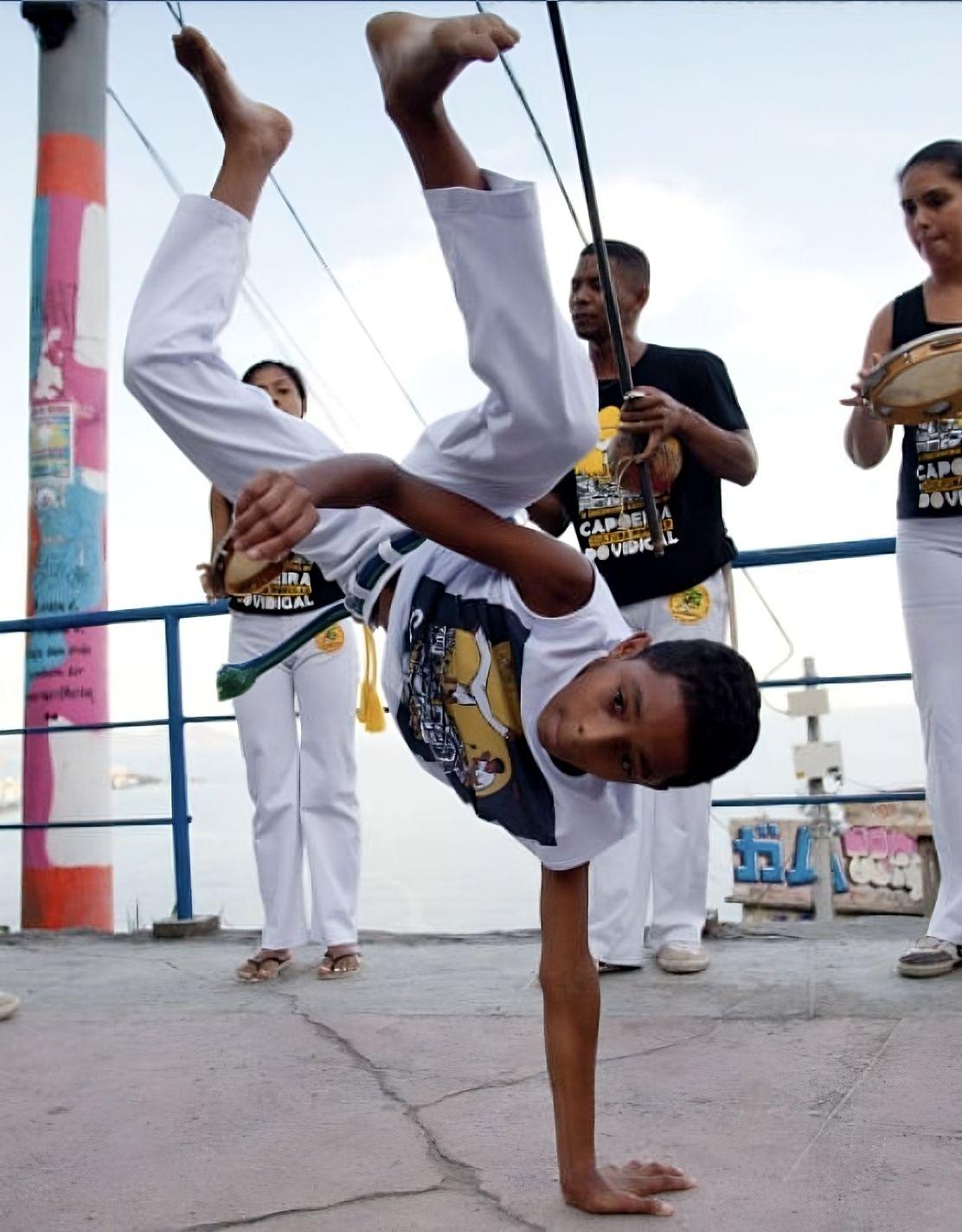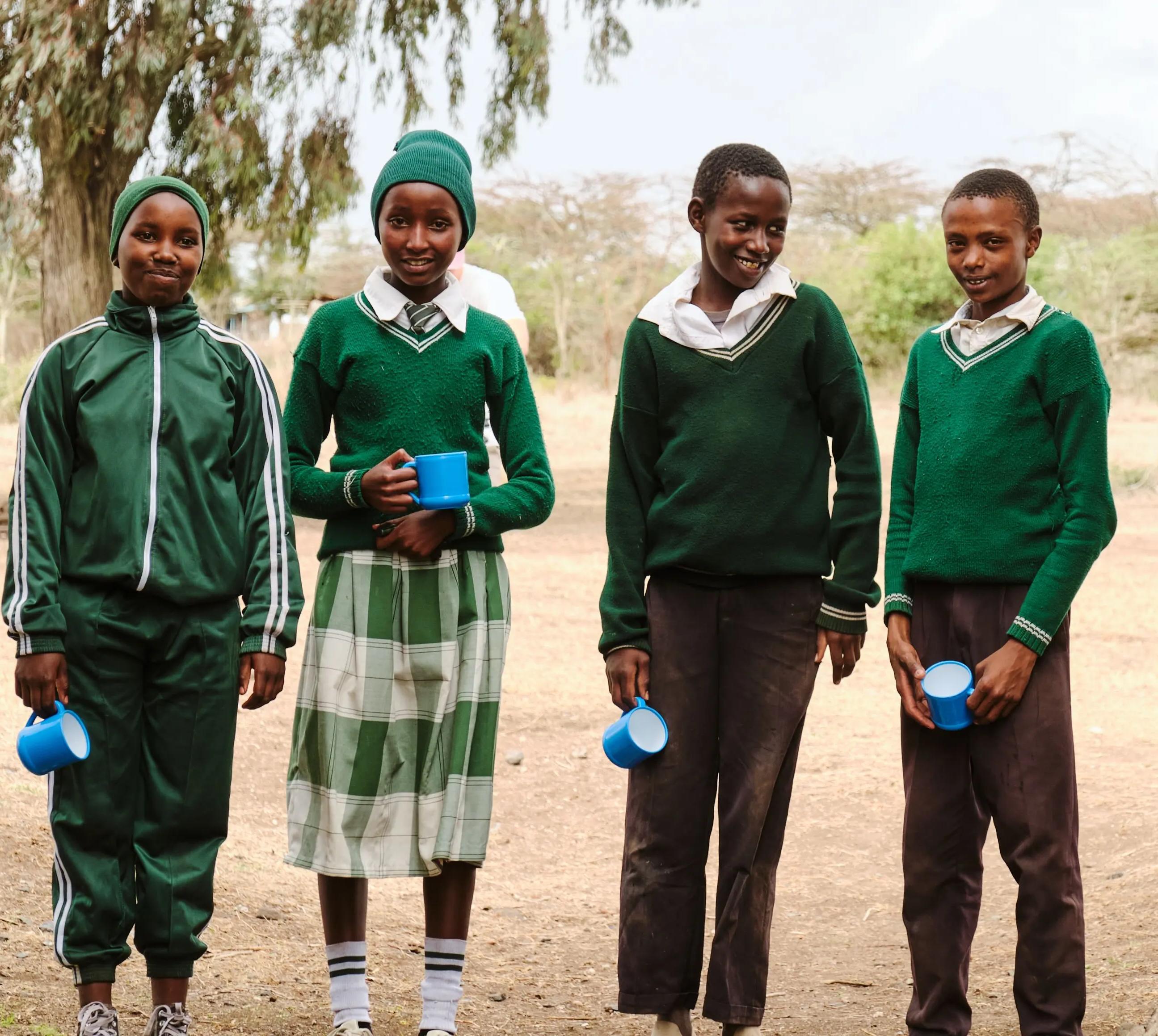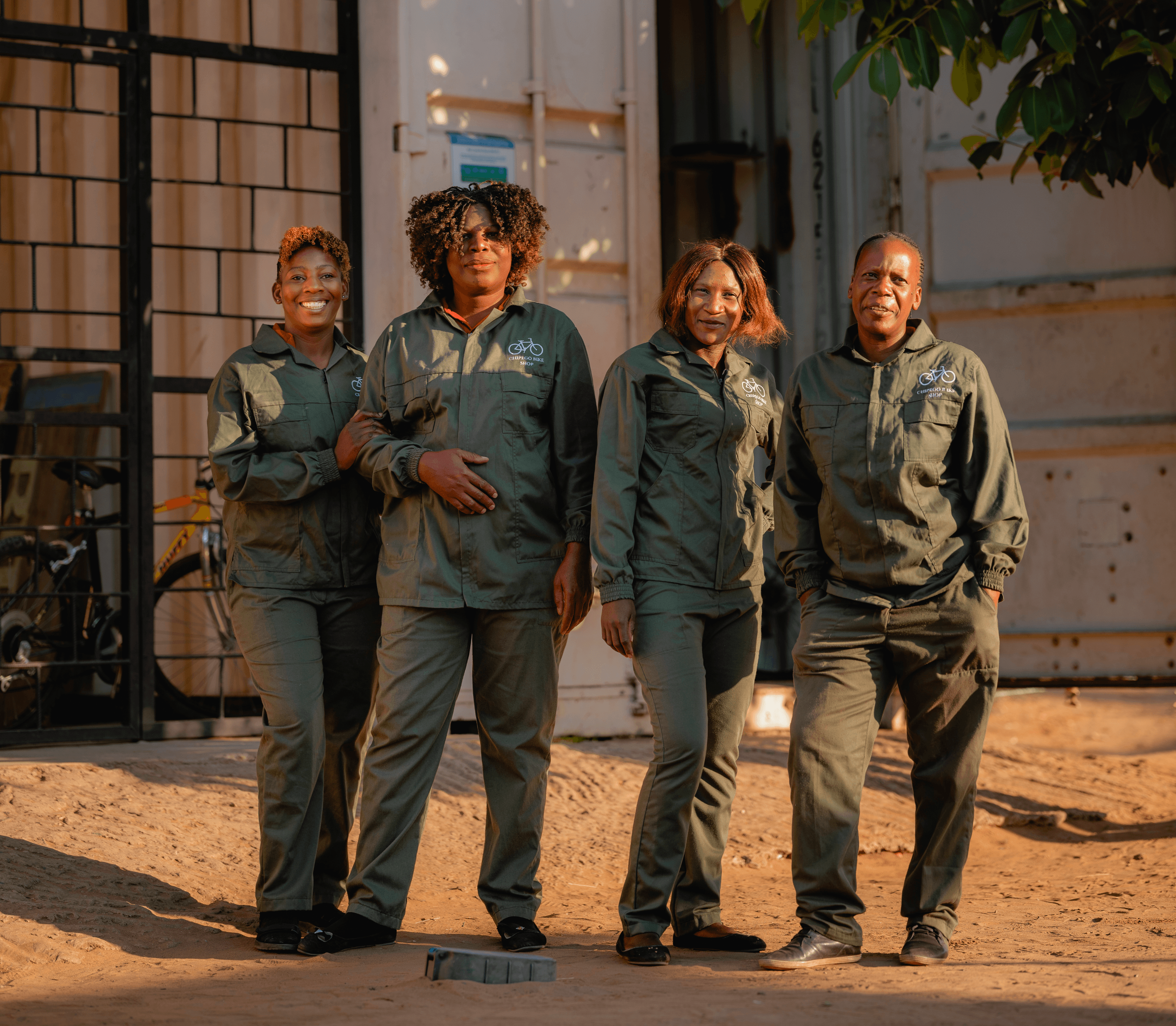To improve lives and protect the environment by supporting local communities in the places we travel
OUR WORK
A&K founder Geoffrey Kent pioneered the community-first approach to conservation more than 60 years ago. Today, we still believe that the best way to protect our planet’s remaining wilderness is to invest in the communities who live there.
In alignment with UN Sustainable Development Goals, our projects focus on education, enterprise, health and environment.
Through these initiatives, we aim to support, empower and educate local communities to facilitate the protection of their surroundings, and to ensure that the people in the places where we travel are also benefitting directly from tourism.
The A&K Philanthropy nonprofit network now spans 24 countries on all seven continents, positively impacting hundreds of thousands of lives and helping preserve some of the world’s most precious ecosystems, as we continue to celebrate travel as a force for good.
IMPACT
SUPPORT IN 2023
PROJECTS
SUPPORTED
ON THE GROUND
OUR PROJECTS
We have launched 55 projects in 24 countries where our guests travel, collaborating with local communities to promote lasting impact. Our initiatives have four areas of focus: education, enterprise, health and environment.
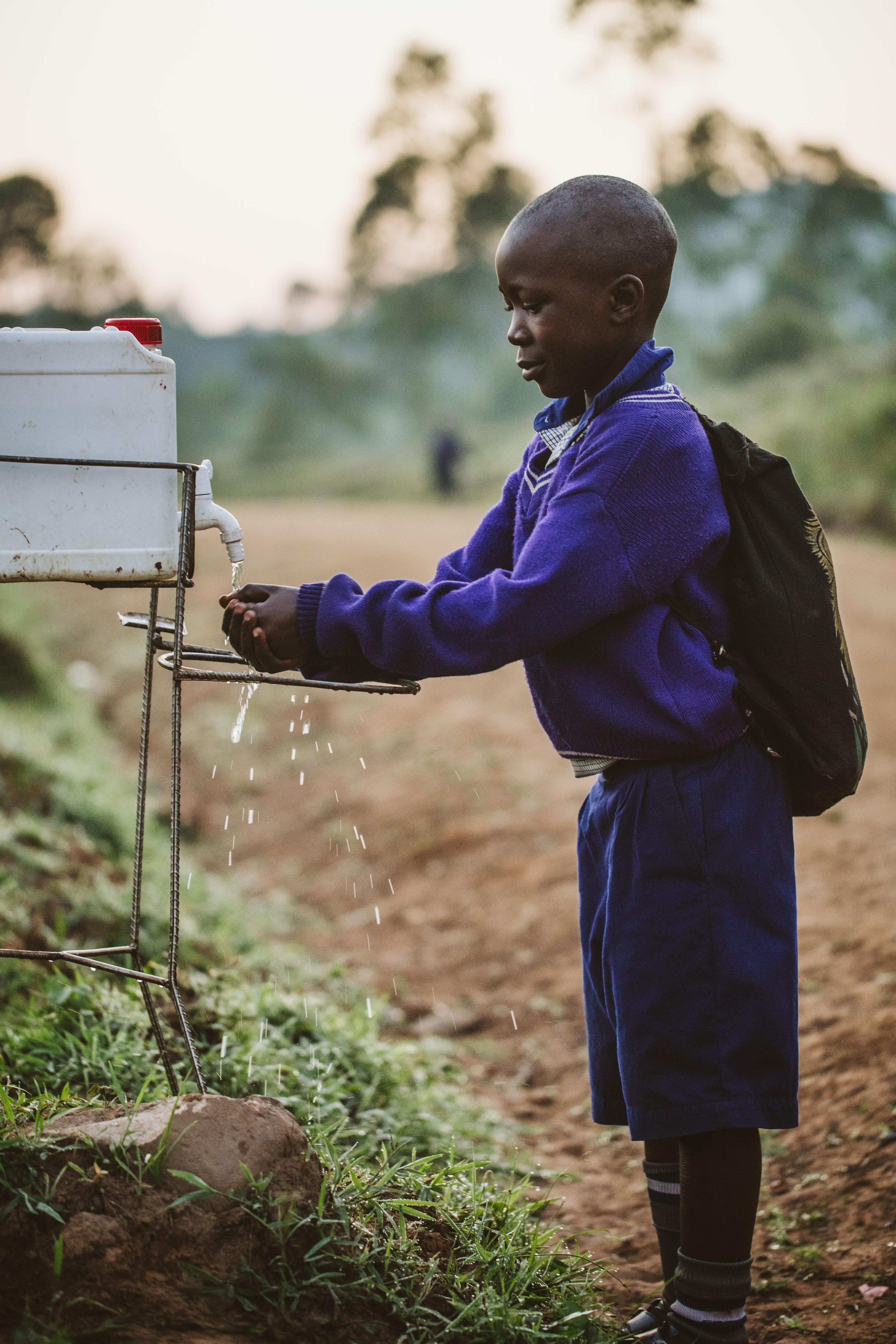
By bringing clean water and healthcare to remote communities, we aim to alleviate inequality of opportunity.
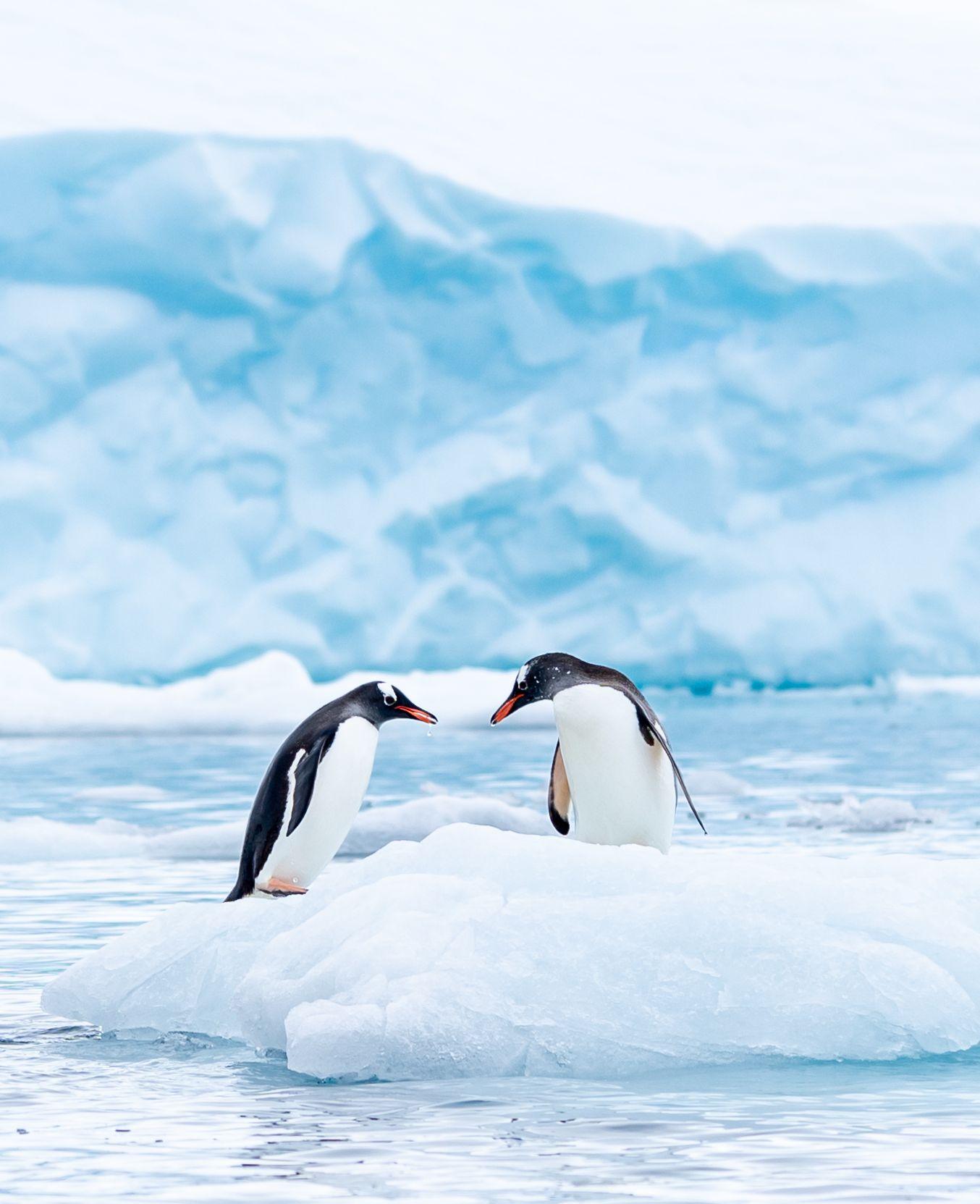
Through supporting communities who live on the edge of wilderness, we promote the conservation of the land and all its inhabitants.
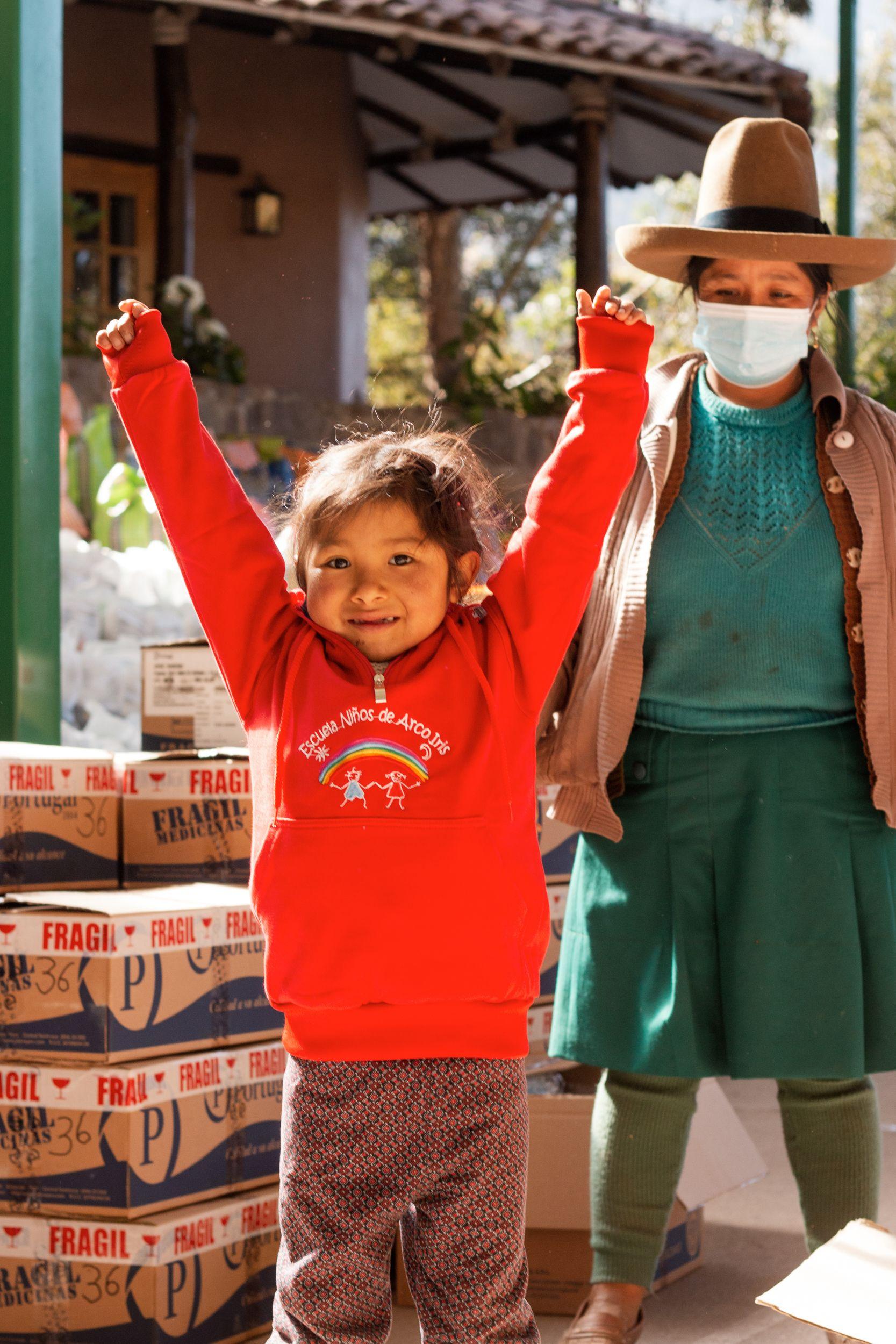
Education is the key to equality of opportunity and to the conservation of the planet’s remaining wilderness.
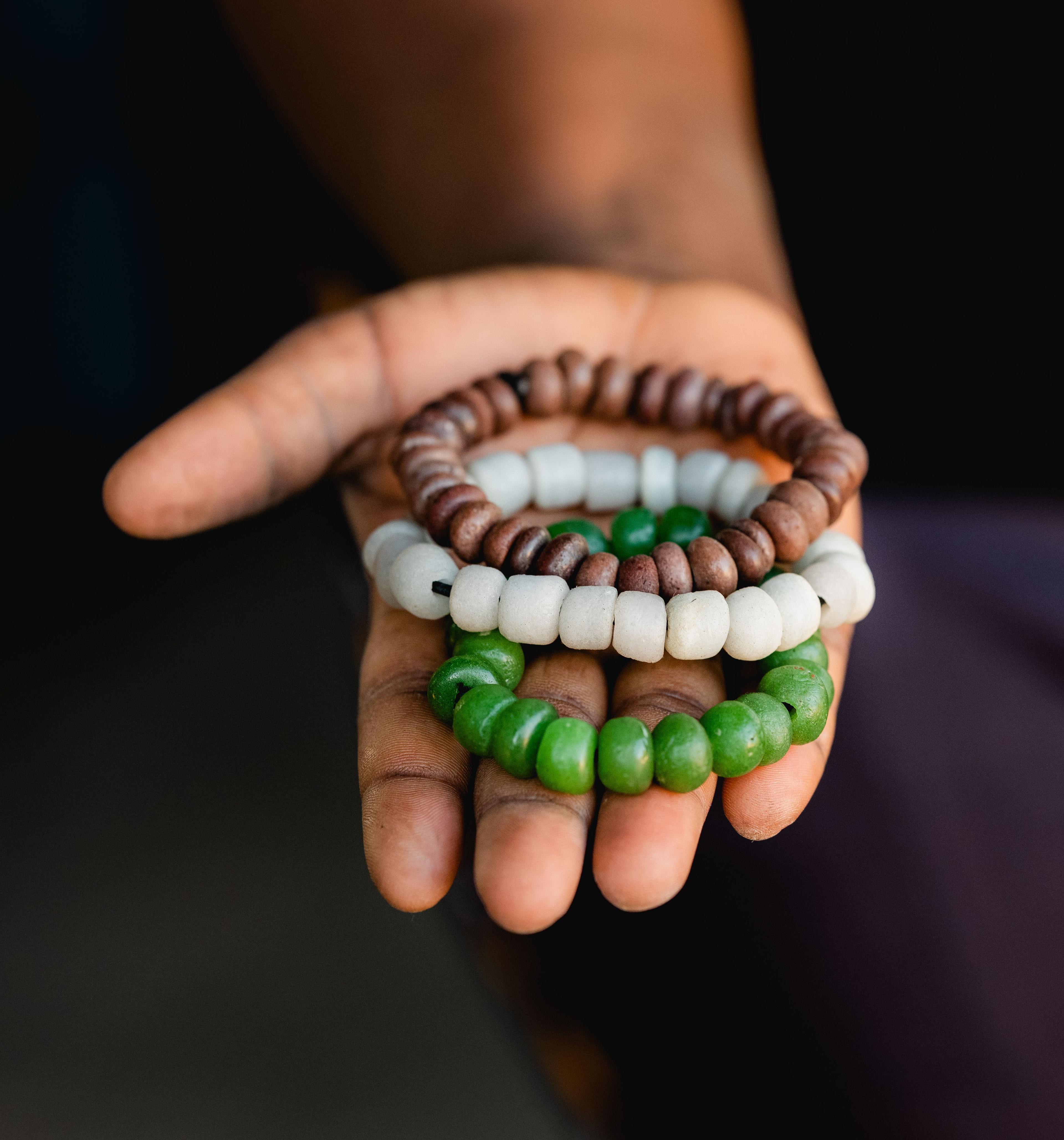
Our community-led enterprise programs are designed to empower everyone to learn, earn and progress.
